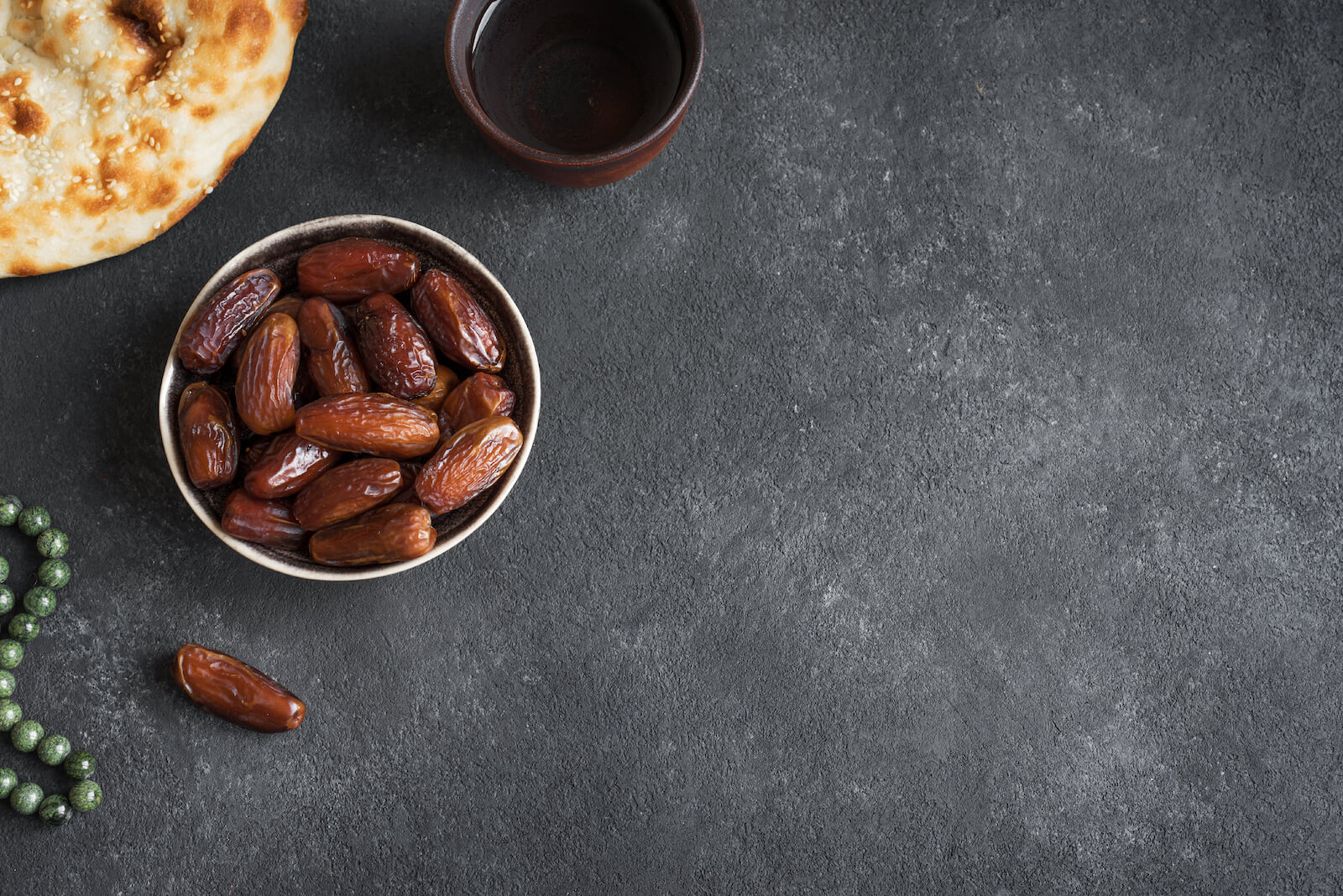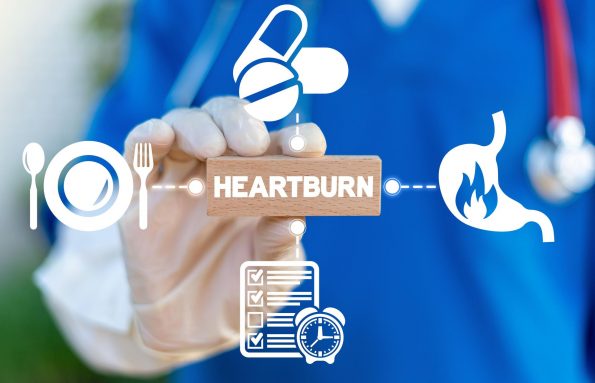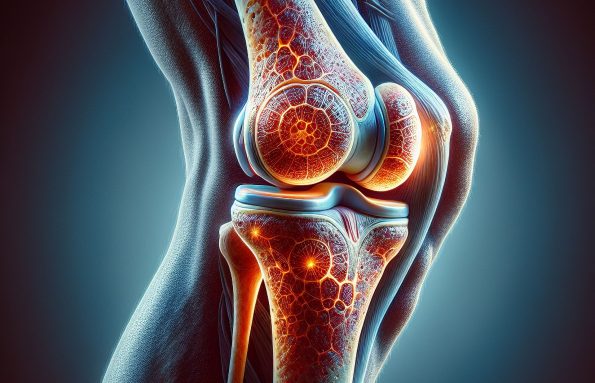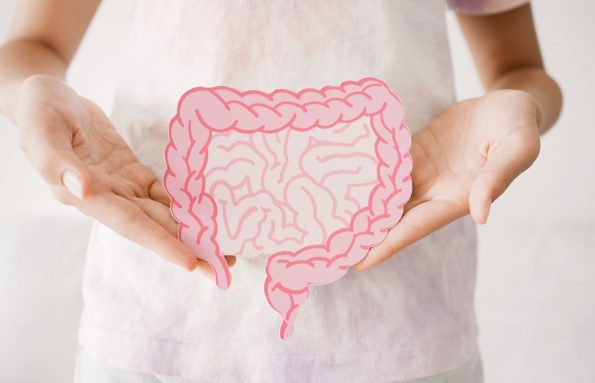- About us
- Patients & Visitors
- Our Doctors
- Departments & Divisions
- Department of Surgery
- Department of Paediatrics
- Department of Medicine
- Department of Pathology and Laboratory
- Department of Critical Care
- Department of Emergency Medicine
- Department of Clinical Imaging
- Department of Obstetrics and Gynaecology
- Department of Anaesthesiology
- Department of Physical Medicine and Rehabilitation
- Department of Radiation Therapy
- Education
- Research
- Request an Appointment
- Request an Appointment
- 800 7762
- About us
- Patients & Visitors
- Our Doctors
- Departments & Divisions
- Department of Surgery
- Department of Paediatrics
- Department of Medicine
- Department of Pathology and Laboratory
- Department of Critical Care
- Department of Emergency Medicine
- Department of Clinical Imaging
- Department of Obstetrics and Gynaecology
- Department of Anaesthesiology
- Department of Physical Medicine and Rehabilitation
- Department of Radiation Therapy
- Education
- Research
- Request an Appointment
- Request an Appointment
- 800 7762






